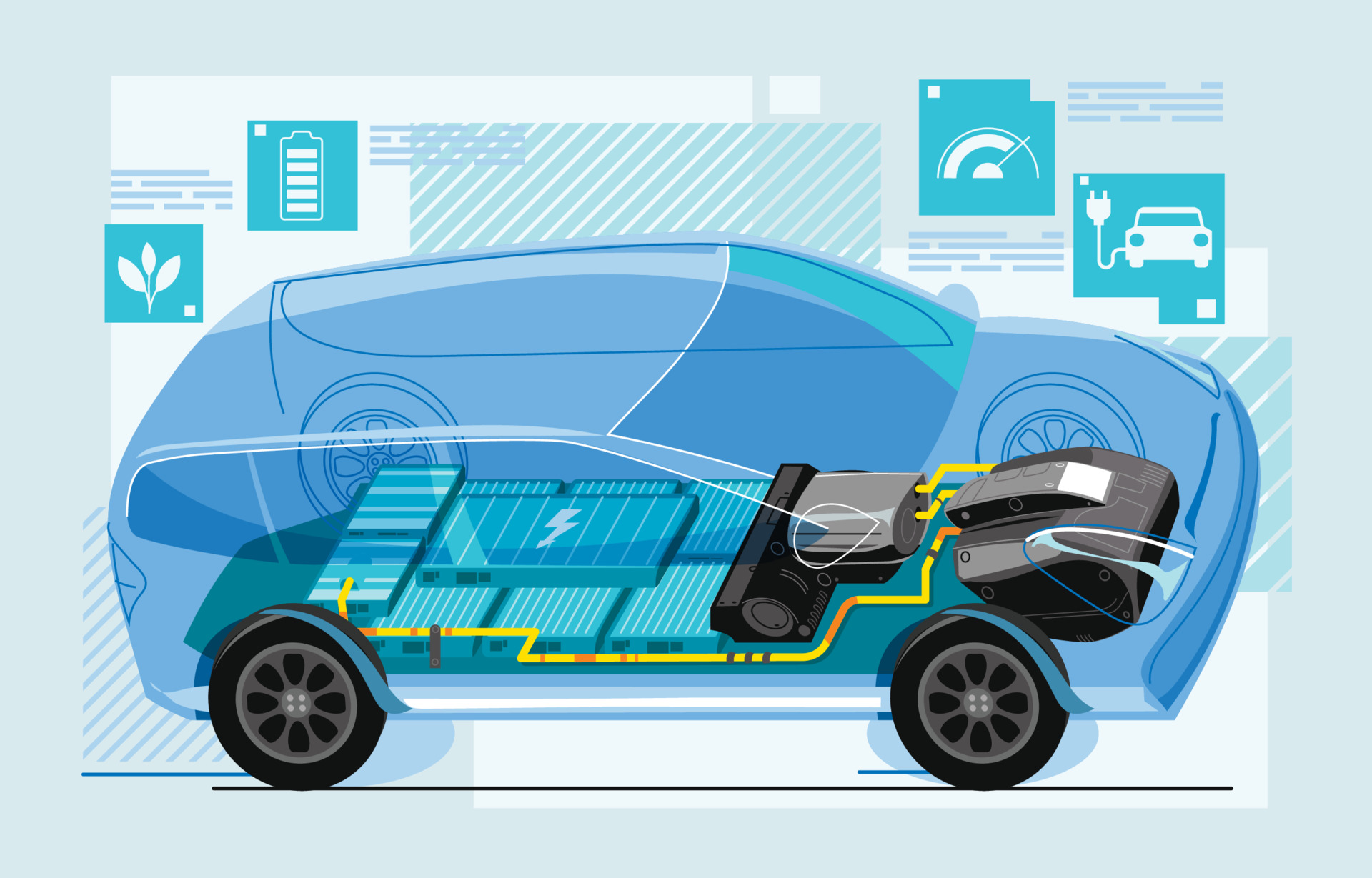Introduction
Recycling EV batteries has become one of the most important parts of the electric vehicle revolution. The necessity to handle spent batteries appropriately develops as electric automobiles take over the world market. When you recycle EV batteries, you make sure that materials like lithium, nickel, and cobalt are taken out, repurposed, and kept from hurting the environment. By recycling EV batteries, the car industry not only cuts down on waste, but it also protects important EV battery recycling natural resources. This will lead to a cleaner and greener future.
Why it’s important to recycle EV batteries
Because electric vehicle production is growing so quickly, recycling EV batteries is now a top priority for the environment. If not handled appropriately, the ingredients in each battery might be dangerous. Recycling EV batteries keeps these harmful chemicals from getting into the soil and water. More crucially, it lets manufacturers get back critical metals that can be utilized to make new batteries. This makes EV battery recycling a good choice for both the environment and the economy because it reduces the need for mining. Also, recycling EV batteries helps the goals of a circular economy, where things are reused and utilized instead of thrown away.
How to Recycle EV Batteries
There are a number of exact processes in the EV battery recycling process that make sure that valuable elements are recovered as much as possible. First, batteries that have been used are gathered and classified by type and condition. Next, they are carefully taken apart so that parts like metal casings, electrodes, and electrolytes can be separated. Lithium, nickel, manganese, and cobalt are taken out of materials using modern chemical and mechanical processes. After being recovered, these materials go back into the manufacturing process. So, recycling EV batteries closes the loop between making and using them, making sure that electric mobility stays sustainable. The electric vehicle sector could have a big problem with waste management if EV battery recycling didn’t exist.
Problems with recycling EV batteries
There are certain problems with EV battery recycling, even though it has many benefits. The first problem is that current batteries are very complicated, which makes taking them apart a very difficult job. Another problem is that many areas don’t have the facilities for recycling EV batteries. A lot of countries are still working on making their collection and processing systems better. Also, to get materials back quickly, EV battery recycling needs a lot of money to be spent on cutting-edge equipment. But these problems are slowly being solved as people become more conscious and new ideas come forward. To make sure that EV batteries last for a long time, governments and manufacturers throughout the world are putting a lot of money into recycling schemes.
The benefits of recycling EV batteries for the environment and the economy
Recycling EV batteries is good for the environment and the economy. It cuts down on pollution, waste, and resource use from an environmental point of view. It also helps lower the carbon footprint that comes with making and extracting new batteries. Recycling EV batteries provides jobs, encourages new business models, and lowers production costs for manufacturers. The resources that have been recovered are frequently less expensive and easier to utilize than those that have just been mined. So, recycling EV batteries encourages new ideas and helps the global economy stay strong. EV battery recycling makes sure that electric transportation keeps going strong without burning up natural resources by reusing and repurposing old batteries.
What will happen to EV battery recycling in the future?
The future of recycling EV batteries looks good because technology and material recovery are always getting better. A lot of academics are trying to make recycling technologies function better so that they can get more useful resources for less money. As more people want electric cars, it will be even more important to recycle EV batteries. Governments all across the world are putting in place tight rules and rewards to get businesses to make products that are easy to recycle. As this industry gets bigger, recycling EV batteries will be a key part of making the energy ecology more sustainable. Combining automation and AI will make the EV battery recycling process even better by making it faster, safer, and cheaper.
Conclusion
In the age of electric mobility, recycling EV batteries is not only necessary, but also a duty. The number of used batteries will go up a lot as more people transition to electric cars. If EV batteries aren’t recycled properly, the damage to the environment could outweigh the benefits of clean transportation. But if industry and governments work hard, EV battery recycling will make sure that electric transportation stays environmentally friendly in the future. It is the right mix of technology, responsibility, and taking care of the environment. In the next several years, how well the world moves toward renewable energy and eco-friendly transportation systems will depend on how well EV batteries are recycled.






